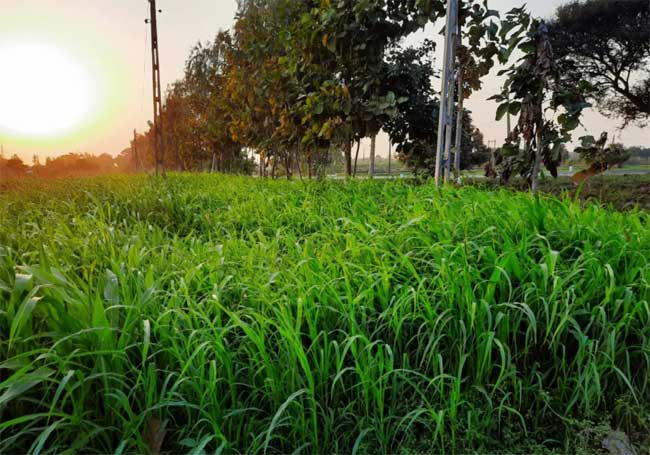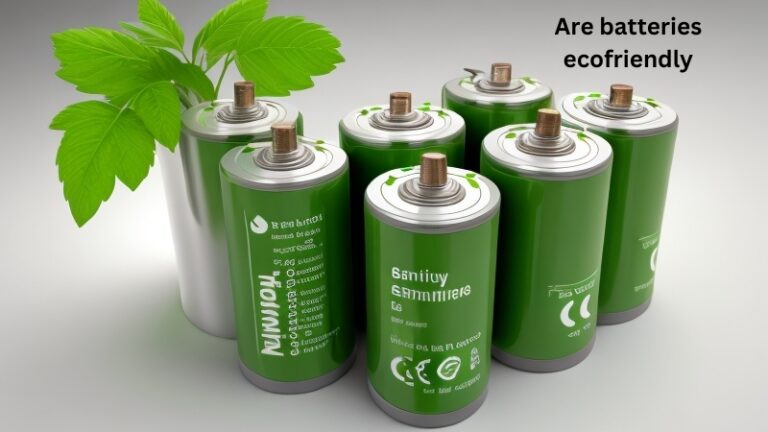Why is plastic called a non ecofriendly material?
Plastic is one of the most commonly used materials in the world. It’s everywhere you look, from the bags at the grocery store to the bottle your water comes in. But did you know that plastic is actually not eco-friendly? In fact, it’s one of the most harmful materials to our planet. In this blog post, we’ll explore why plastic is so damaging to the environment and what we can do to reduce our usage.
Plastic is a man-made material that is designed to be durable and long-lasting. Unfortunately, this durability also means that plastic takes a very long time to break down. In fact, some types of plastic can take up to 1,000 years to decompose. This means that plastic waste can accumulate in landfills and oceans, causing significant harm to our environment.
One of the biggest problems with plastic is that it can’t be recycled indefinitely. Eventually, even the most durable plastic will break down and become unusable. When this happens, it’s either thrown away or burned, both of which can release harmful toxins into the air. Additionally, the process of recycling plastic requires a lot of energy, which contributes to greenhouse gas emissions and climate change.
Plastic also poses a threat to wildlife. Animals can mistake plastic for food, which can then cause them to choke or starve. Additionally, plastic waste can entangle animals, leading to injury or death. This is a particularly significant problem in the ocean, where marine life is being threatened by the amount of plastic waste in the water.
Another issue with plastic is that it’s largely made from fossil fuels, which are not a renewable resource. This means that the production of plastic contributes to the depletion of our planet’s natural resources. As we continue to use more and more plastic, we’re putting a strain on our planet that could eventually become unsustainable.
Conclusion:
Plastic is a material that we all use in our daily lives, but it’s not eco-friendly. Its durability and inability to decompose means that it contributes to the accumulation of waste in landfills and oceans, as well as releasing harmful toxins when it’s burned. Additionally, plastic poses a significant threat to wildlife and contributes to the depletion of natural resources. While it’s not practical to completely eliminate the use of plastic, we can all make an effort to reduce our usage by opting for reusable bags, bottles, and containers, and by properly disposing of our plastic waste. By making small changes, we can all help to make a big difference in the health of our planet.

